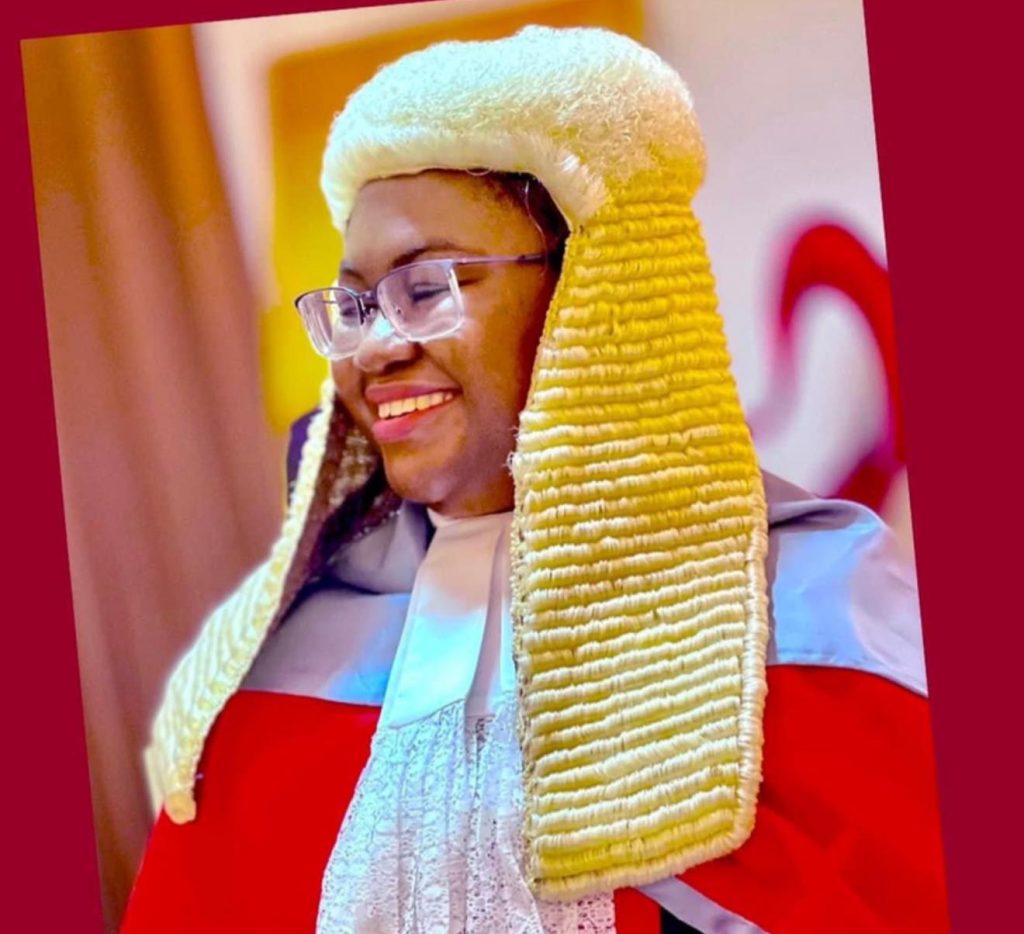Supreme Court nominee Justice Hafisata Amaleboba has stated that students who opt to attend faith-based schools are expected to adhere to the institution’s rules, and doing so should not be considered a breach of their rights or a form of coercion.
Speaking during her vetting by Parliament’s Appointments Committee on Wednesday, June 18, 2025, Justice Amaleboba addressed the tension between individual constitutional rights—especially religious freedom—and the regulations of public faith-based schools.
She emphasized that while constitutional rights are important, they are not without limits and must be balanced against the rights of others and the broader public interest.
“Rights have limits,” she explained. “They are constrained by both the rights of others and societal interests.”
Using Catholic schools as an example, she noted that if a student is made aware of a school’s religious expectations before enrollment and still chooses to attend, then participation in activities like church services should not be seen as forced.
“If you knowingly enroll in a Catholic school, aware of its requirements, and still choose to attend, then that cannot be called compulsion,” she argued.
Justice Amaleboba stressed that such decisions are made voluntarily, not under duress, since students are briefed about religious duties—such as Sunday worship—before joining the school.
“You are informed beforehand that attending church is part of the school culture, and by deciding to attend, you accept that voluntarily. That does not amount to compulsion,” she reiterated.
Her remarks address an ongoing national debate over students’ rights in mission schools, highlighting the legal perspective that institutional norms and personal freedoms can coexist when there is clear, informed choice.

